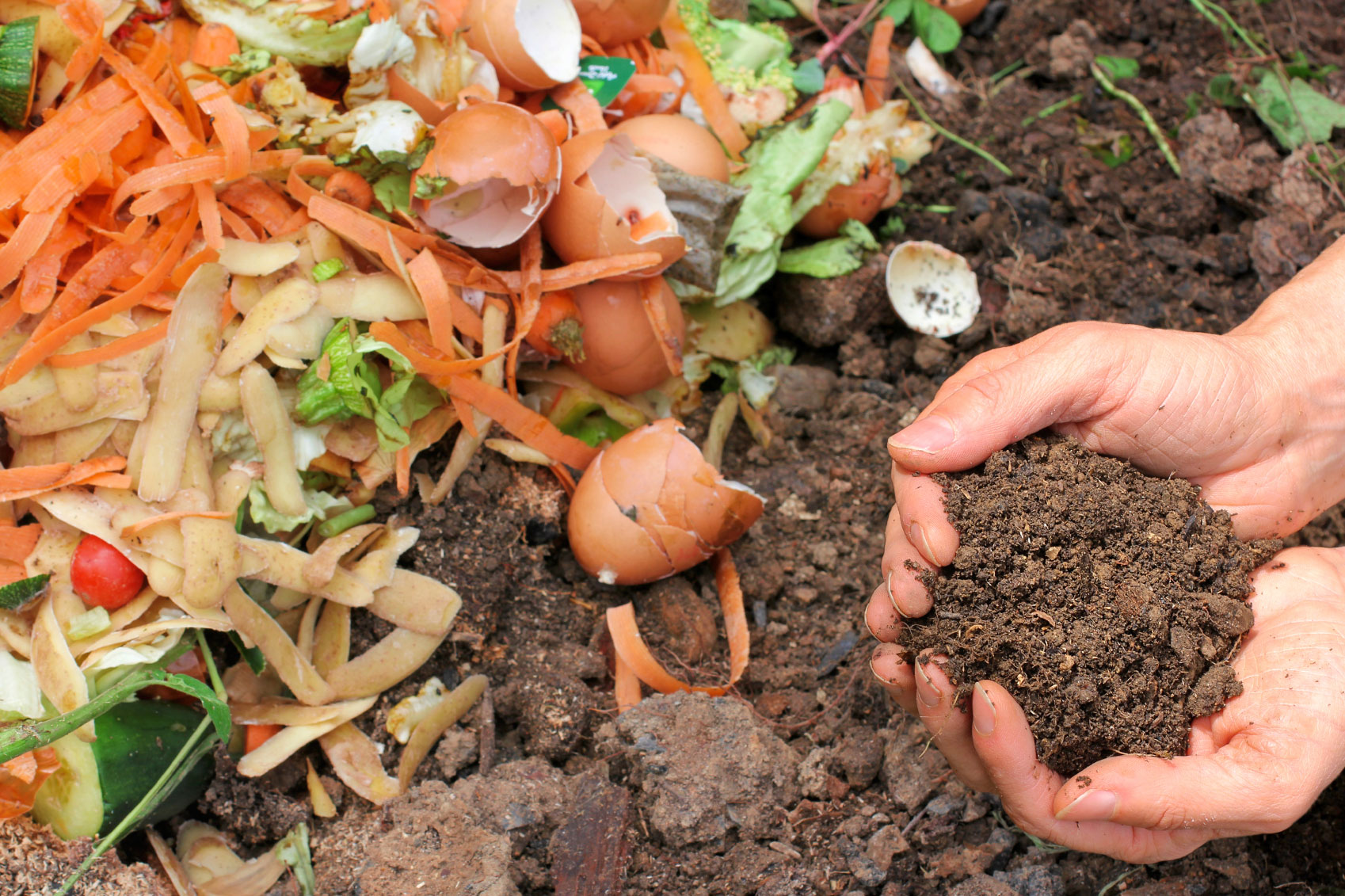 Composting, often described as natures way of recycling, is the biological process of breaking up of the organic waste such as food waste, manure, leaves, grass trimmings, paper, worms, and coffee grounds, etc., into an extremely useful humus-like substance by various micro-organisms including bacteria, fungi and actinomycetes in the presence of oxygen. Composting is most often a natural process that continuously occurs in nature, often without any assistance from mankind.
Composting, often described as natures way of recycling, is the biological process of breaking up of the organic waste such as food waste, manure, leaves, grass trimmings, paper, worms, and coffee grounds, etc., into an extremely useful humus-like substance by various micro-organisms including bacteria, fungi and actinomycetes in the presence of oxygen. Composting is most often a natural process that continuously occurs in nature, often without any assistance from mankind.
Both living plants and annual plants that die at the end of the season are consumed by animals of all sizes, from larger mammals, birds, and rodents to worms, insects, and microscopic organisms. The result of this natural cycle is compost, a combination of digested and undigested food that is left on the forest floor to create rich, usually soft, sweet-smelling soil.
» Aerobic Composting – This means to compost with air. High nitrogen waste (like grass clippings or other green material) will grow bacteria that will create high temperatures (up to 160 degrees). Organic waste will break down quickly and is not prone to smell. This type of composting is high maintenance, since it will need to be turned every couple of days to keep the air in the system and your temperatures up. It is also likely to require accurate moisture monitoring. This type of compost is good for large volumes of compost.
» Anaerobic Composting – This is composting without air. Anaerobic composting is low maintenance, since you simply throw it in a pile and wait a couple of years. If you just stack your debris in a pile, it will generally compact to the point where there is no available air for beneficial organisms to live. Instead, you will get a very slow working bacteria growing that does not require air. Your compost may take years to break down (this is what happens when you throw your food waste in the garbage that goes to the landfill). Anaerobic composts create the awful smell most people associate with composting. The bacteria break down the organic materials into harmful compounds, like ammonia and methane.
» Vermicomposting – This is most beneficial for composting food waste. Along with red worms, this includes composting with bacteria, fungi, insects, and other bugs. Some of these guests break down the organic materials for the others to eat. Red worms eat the bacteria, fungi, and the food waste, and then deposit their castings. Oxygen and moisture are required to keep this compost healthy. This is called medium maintenance compost, since you need to feed your red worms and monitor the conditions. Organic composting can be done on many different levels. Since composting does not take any work, and this is what you elect to do for your organic garden, we always suggest you compost everything. However, if composting is not for you, we have all of the organic soils and nutrients you will need to help your garden thrive.
